We use cookies and other technologies to personalize your experience and collect analytics.
Collier Schorr
German Faces
19 February – 20 March 2010
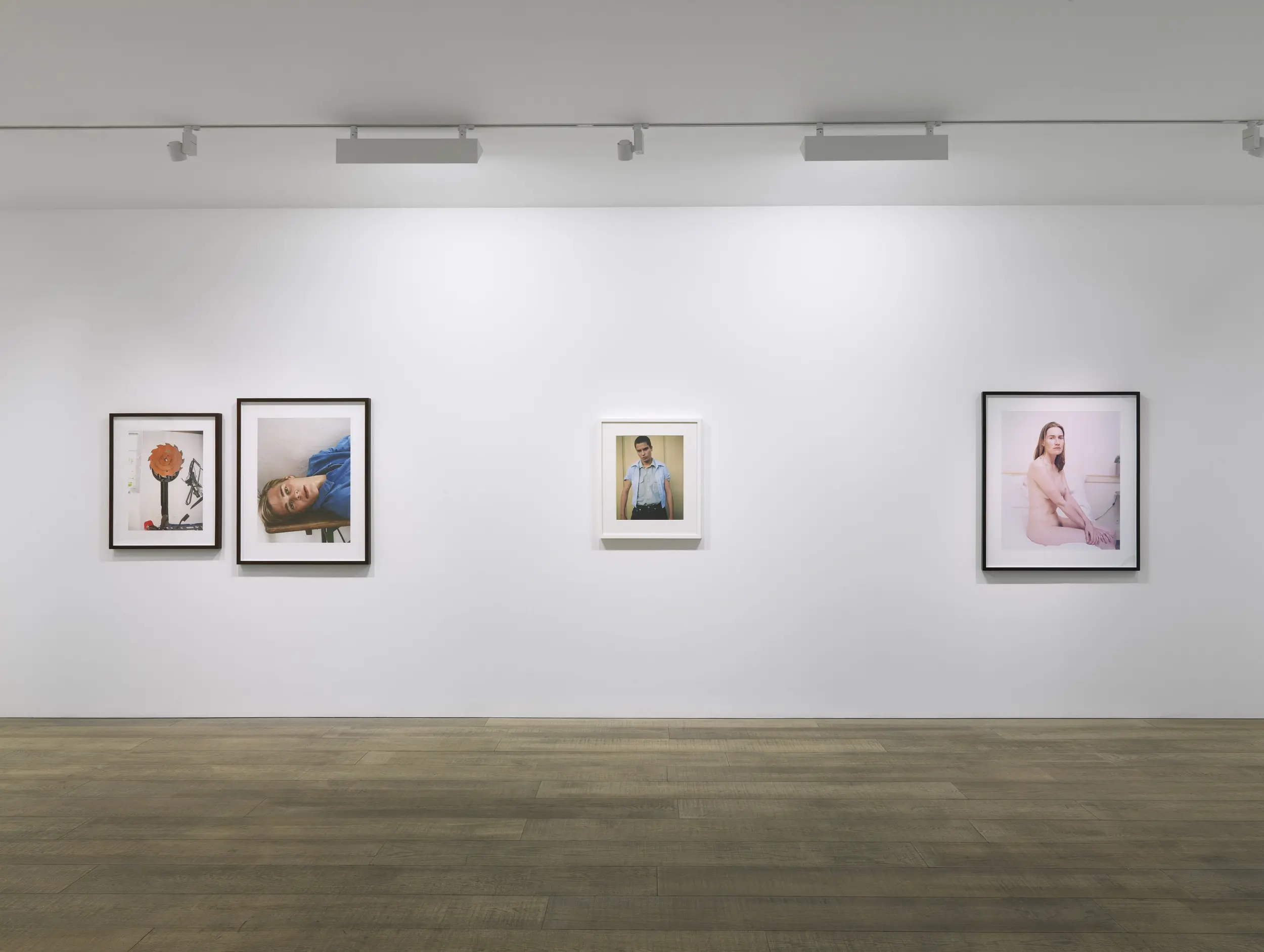
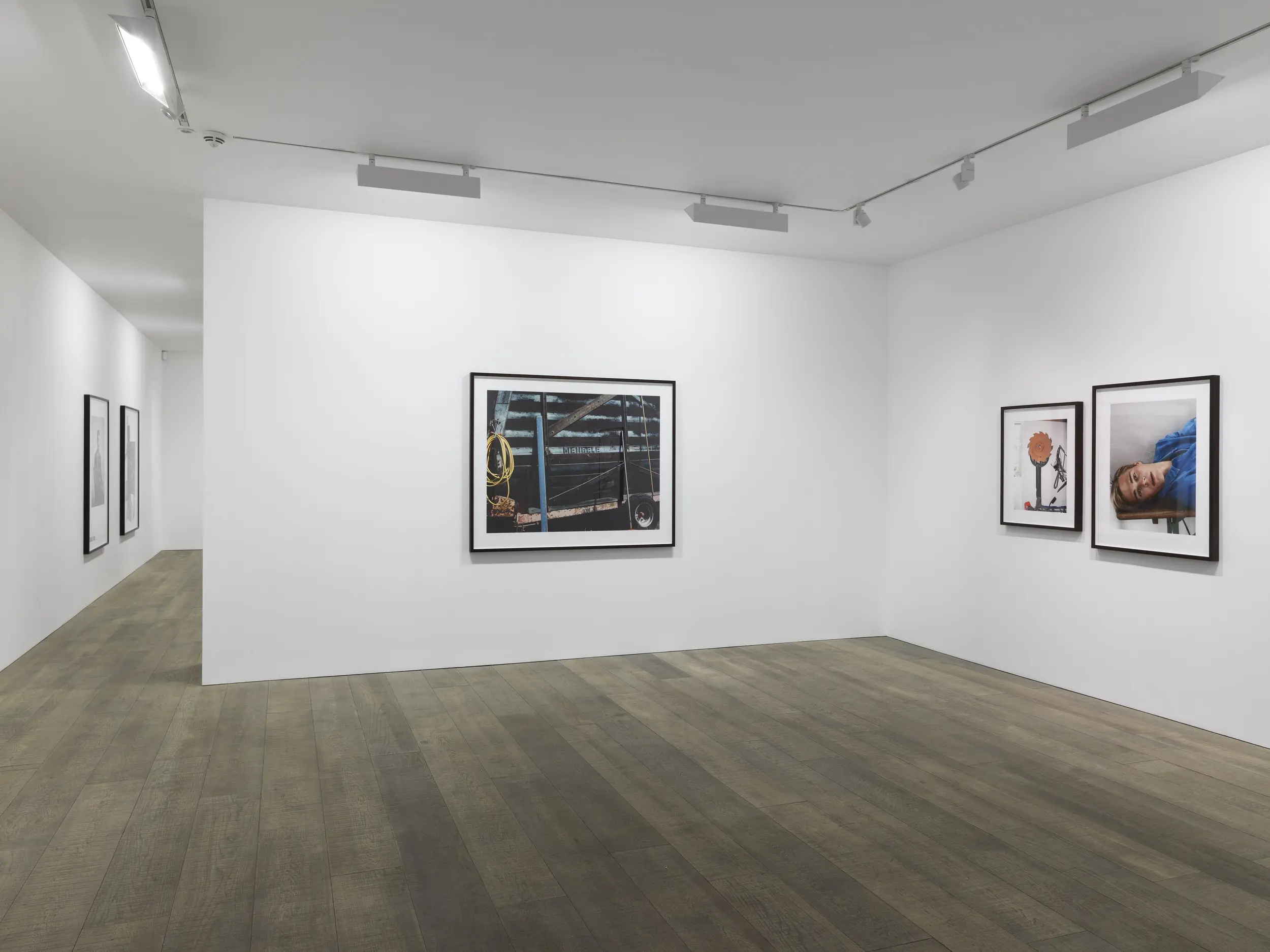
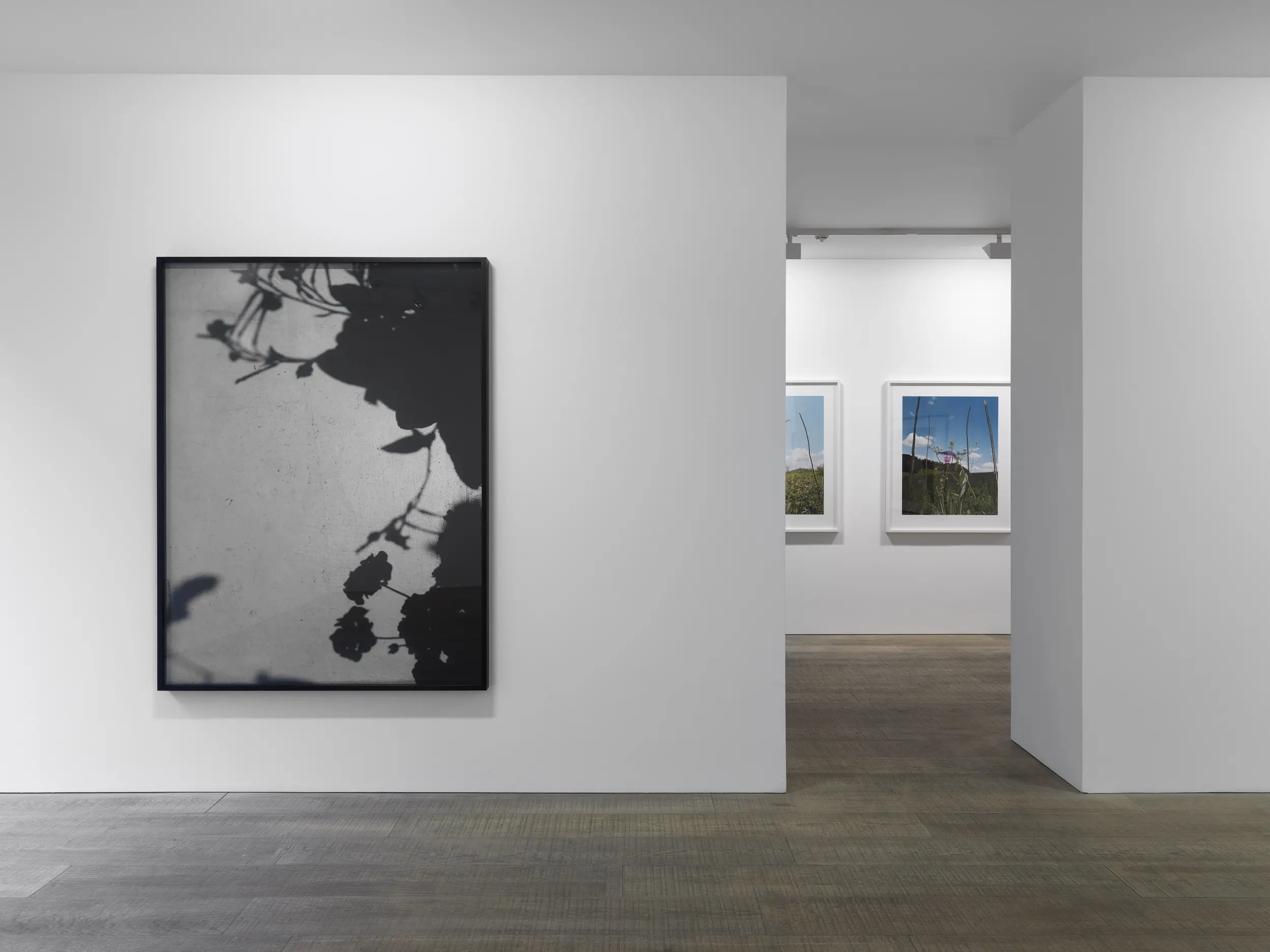
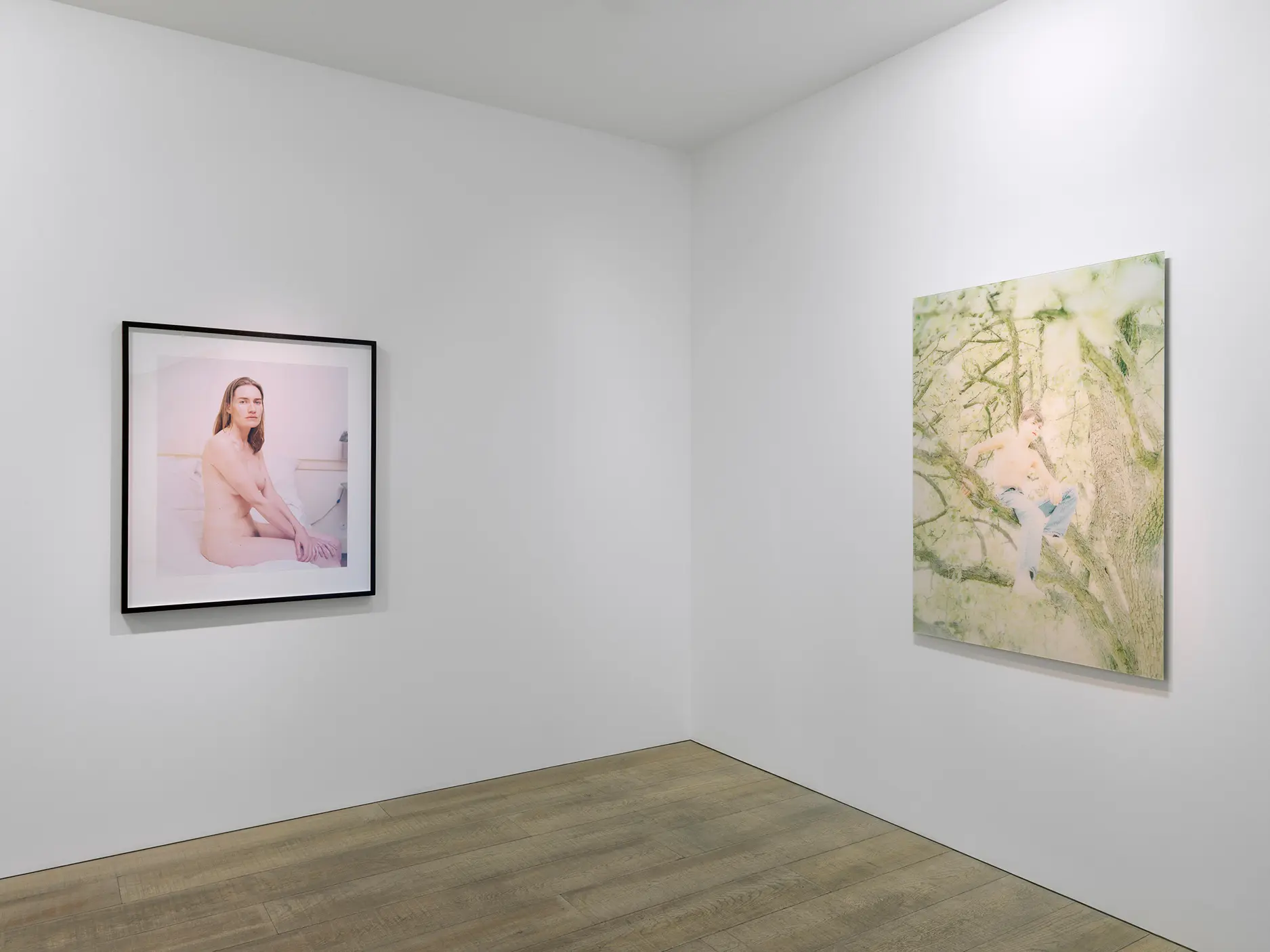
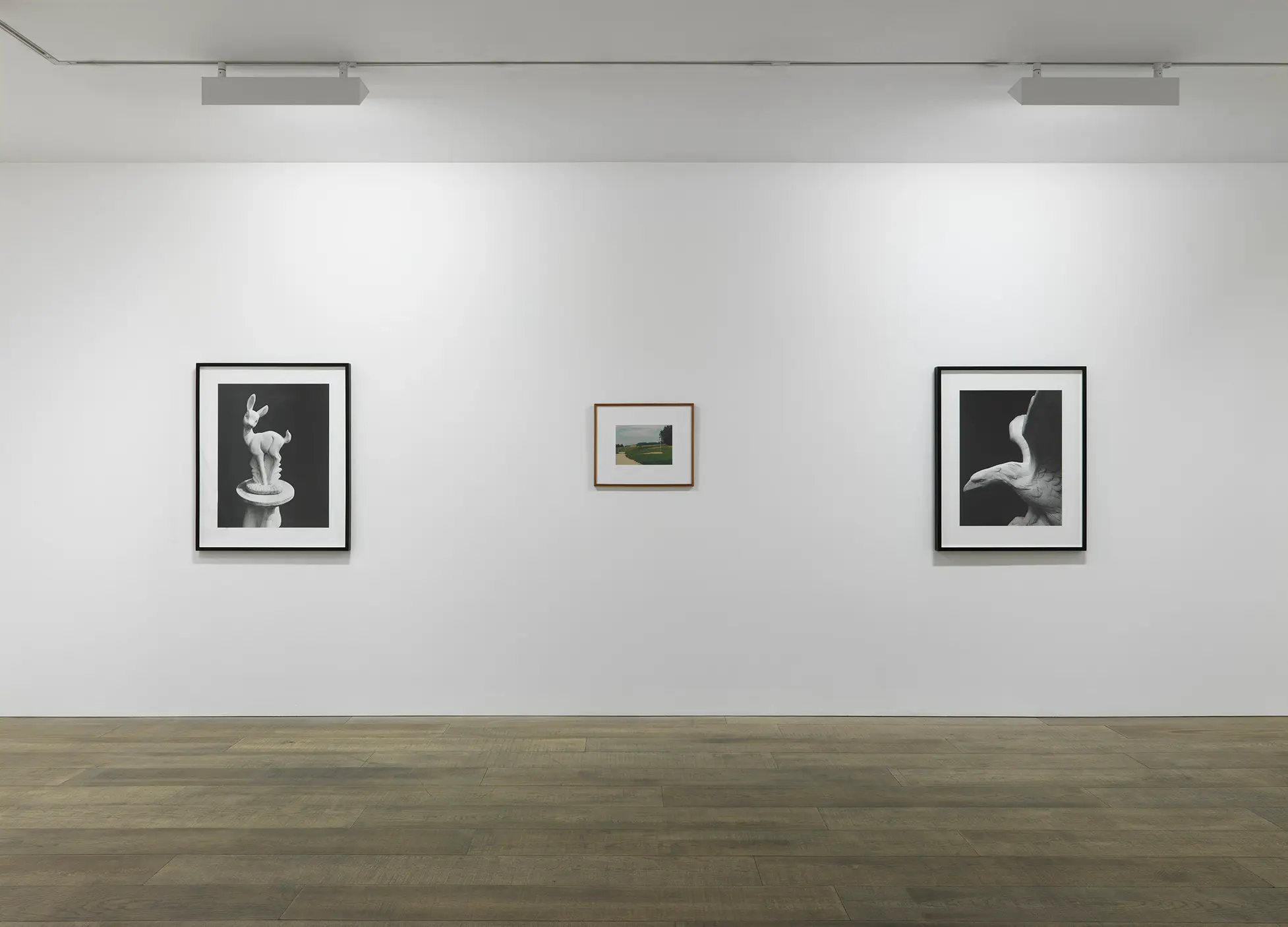
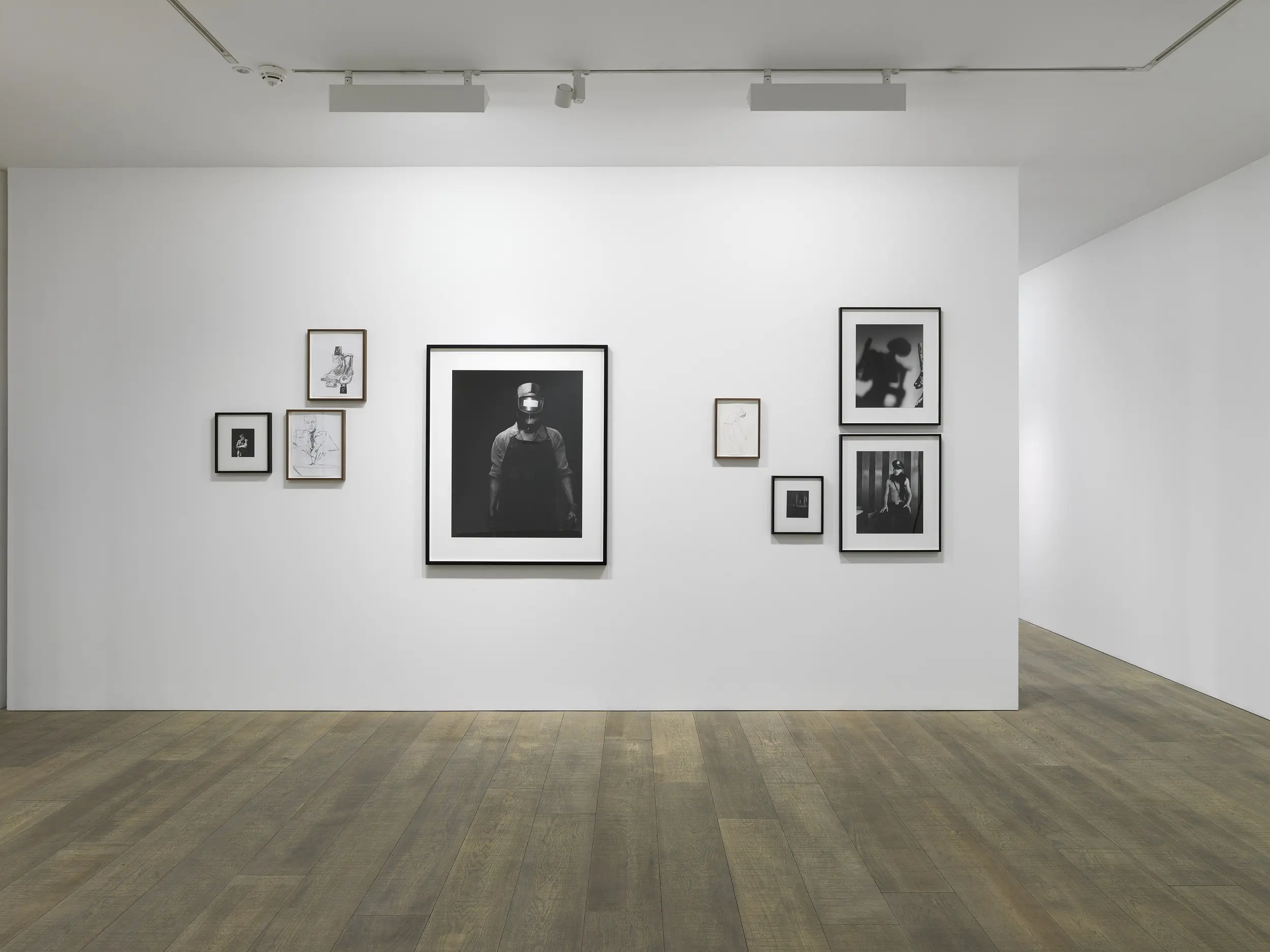
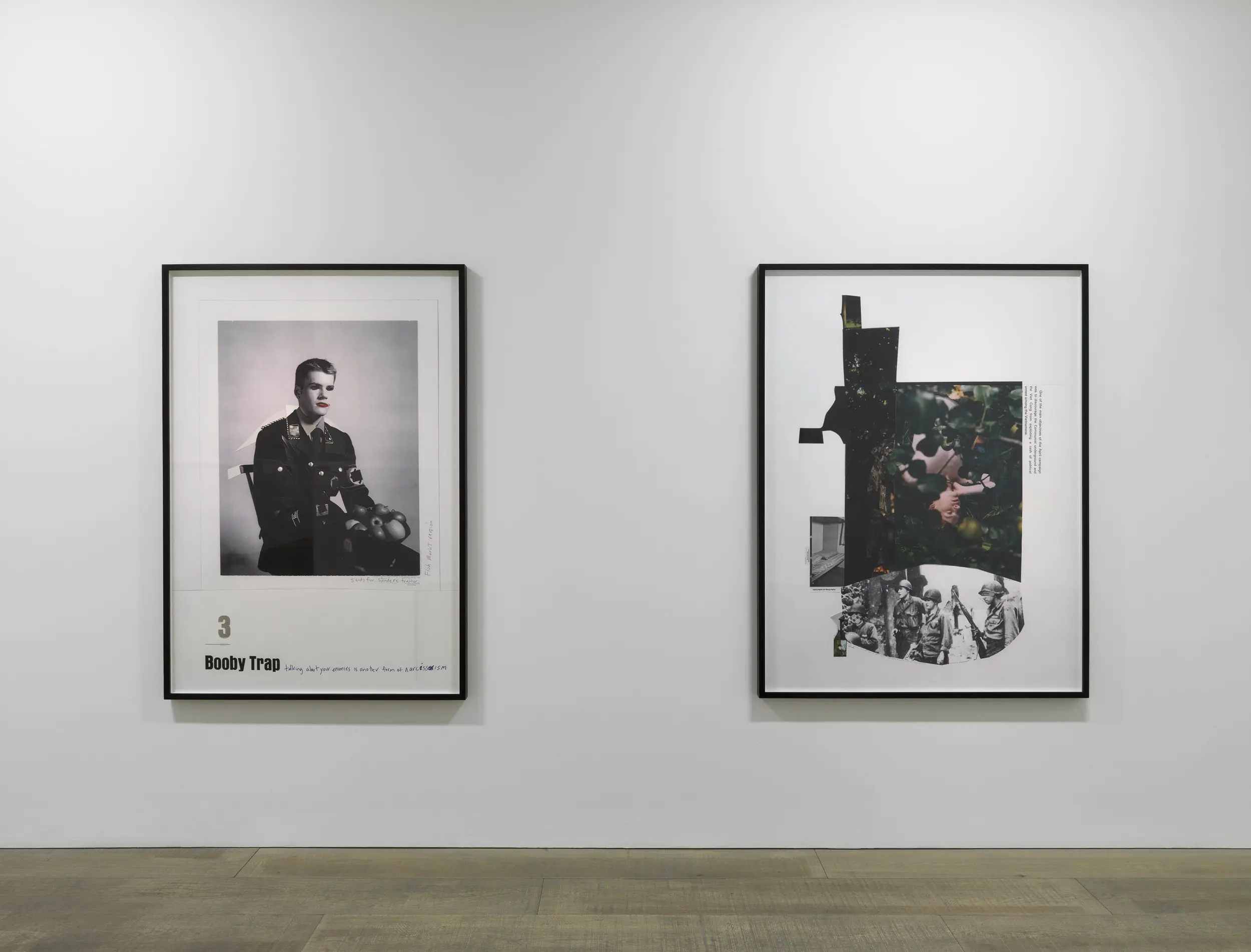
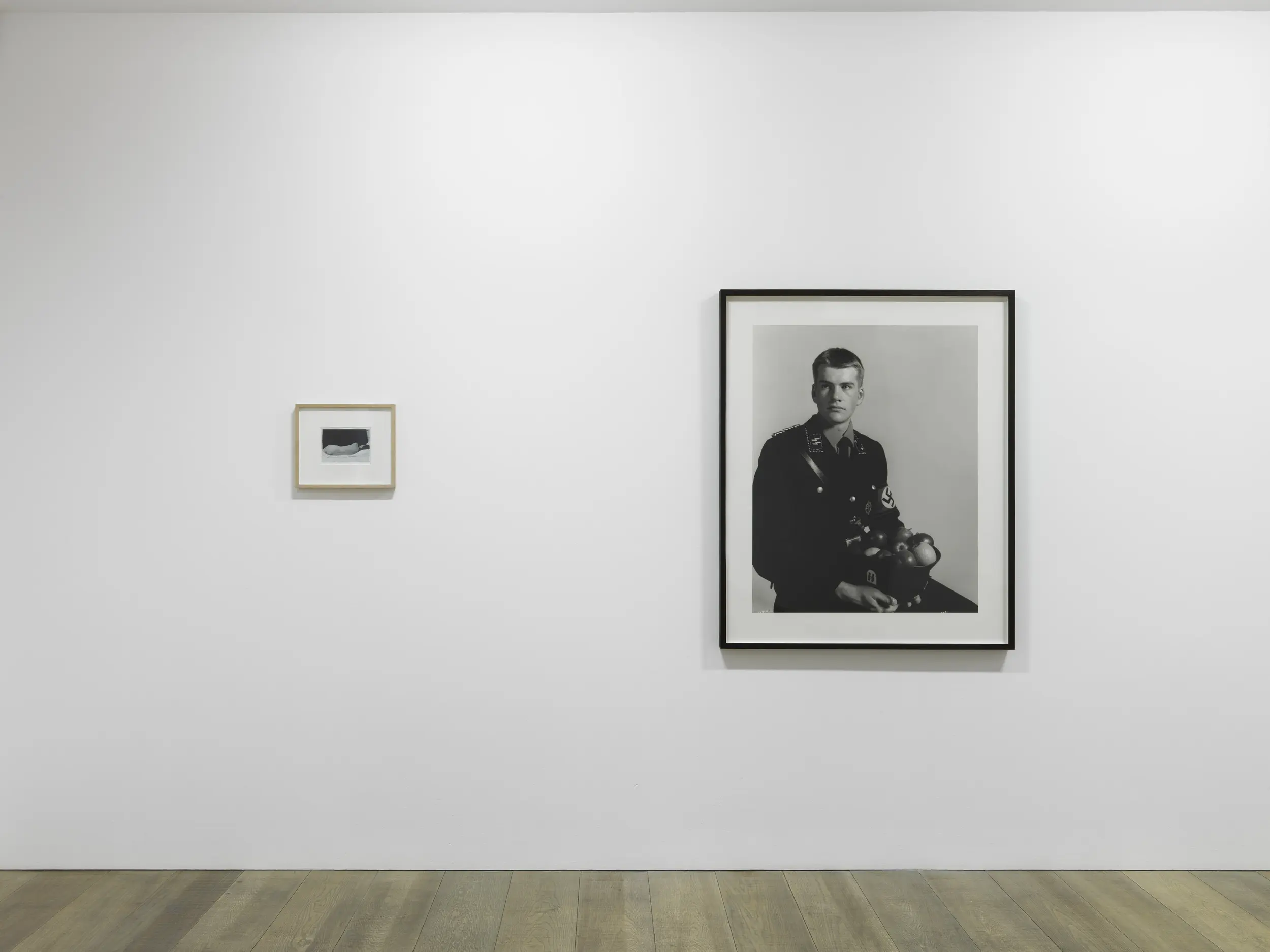
Press release
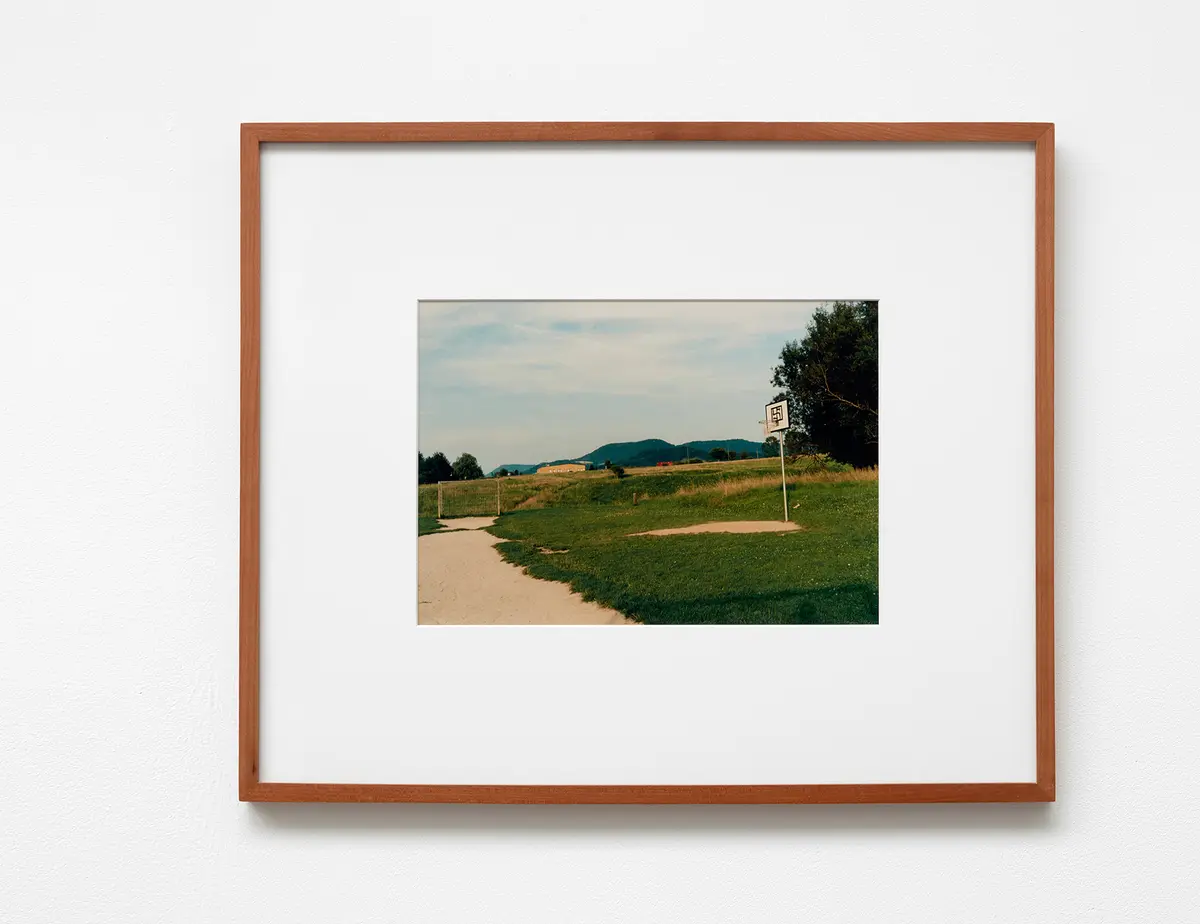
Stuart Shave/Modern Art is very pleased to announce a new exhibition by the acclaimed American artist Collier Schorr. This will be Collier Schorr’s third solo exhibition with Modern Art. Structured around the idea of a retrospective, this exhibition draws from a body of work accumulated over 18 years of rigorous practice.
Collier Schorr was born and raised in New York, where she has continued to live and work. Every summer for the past 18 years she has travelled to southern Germany, working in and around the small town of Schwäbisch Gmünd. Schorr used the landscapes of Sander, Kiefer, Beuys, Baselitz and Chagall as a ground on which to play out imagined and inherited histories of Germany and her own Jewish heritage. Influenced by reportage, fictional films, and portrait photography, Schorr’s initial forays into the German countryside were made from the imagined position of an entitled outsider: as a character that does not belong, yet has assumed some sort of ownership by returning to a place of historical resonance.
In a place determined by memory, war, emigration, and rebuilt society, Schorr combines the roles of portraitist, social anthropologist and storyteller. Over a period of time Schorr assimilated and became a member of the Schwäbisch Gmünd community – the town photographer – exploring the lives of her German neighbours, friends and family. Schorr developed her own approach to the regional vernacular, and in so doing, the countryside began to open up to the artist. Rather than seeing the vestiges of war, she observed a bucolic urge for renewal in a place where an irresolvable history was tolerable. Pulling inspiration from disparate art movements and media, Schorr’s invented Germans are tossed through time and identifications.
Undermining conventional photographic genres, and the political and cultural implications of appropriating an aesthetic are Schorr’s subjects as much as they are depictions of soldiers, farmers, and moments within a landscape. By locating herself in an entitled cultural position, Schorr takes and uses a found set of charged aesthetic principles, leaving complicated questions of whether the underlying ideologies are ultimately reinforced or undermined. Can, for example, the influence of Nazi-era aesthetics be held apart from ideologies of superiority? Schorr has remarked at the themes and slogans of the infamous Degenerate Art exhibition staged by the Nazi regime in 1937 – of work in particular that “demeaned soldiers, farmers and women”. Schorr is struck by how much of her own work is engaged with these very subjects, and is intrigued by the notion that the same unnerving set of criteria and ideologies could both praise and condemn her work in near equal measure.
For her show at Modern Art, Schorr uses a model of exhibition making that allows her to look at her own work from a new position: a position that stages a intellectualised remove from her own cultural assimilation and appropriation of cultural signifiers. No longer a neighbour within the Scwäbisch Gmünd community, Schorr asserts her identity as an American Jew in a role more akin to that of an ethnographer or archaeologist, striving to define another culture with contrasting expectations. The breadth of Schorr’s practice is represented in photographs, drawings, collages and videos, and includes new work alongside earlier pieces. Each work has been carefully selected and arranged by the artist in order to give context within a particular arc of practice, and to bring new understandings and challenges to bear. In a show that poses itself as a retrospective, Schorr sees her own work as secondary texts, as a critique of what is iconic, and what it means for her to probe the memory of the German countryside.
Collier Schorr was born in New York in 1963, and lives and works in Brooklyn. She attended the School of Visual Arts, New York (1986), and in 2007-2008 was Guna S. Mundheim Fellow at theAmerican Academy, Berlin. Recent museum projects include curating Freeway Balconies at the Deustche Guggenheim, Berlin (2008), and holding solo exhibitions at Le Consortium, Dijon (2008), Villa Romana, Florence (2008), Badischer Kunstverein, Karlsruhe (2007), and the Museum of Contemporary Art, Denver (2007). Collier Schorr has been included in the recent exhibitions Listen Darling... The World is Yours, curated by Lisa Phillips, Ellipse Foundation, Cascais (2008), Hard Targets: Concepts of Masculinity in Sport curated by Christopher Bedford, LACMA, Los Angeles (2008), Role Models: Photography by American Women, 1980 – 2005, The National Museum of Women in the Arts, Washington DC (2008), Family Pictures, New Acquisitions, Guggenheim Museum, New York (2007), History Will Repeat Itself, Hartware Medienkunstverein, Dortmund, and Kunstwerke Berlin (2007). Schorr has written for Artforum, Parkett, and Frieze magazines. Her new book Forests and Fields. Volume 2. Blumen,was published by SteidlMACK in January. In 2010 Collier Schorr will be making solo museum exhibitions in Europe at the Berardo Museum, Lisbon, and Ars Cameralis at CoCA Kronika, Bytom, Upper Silesia.